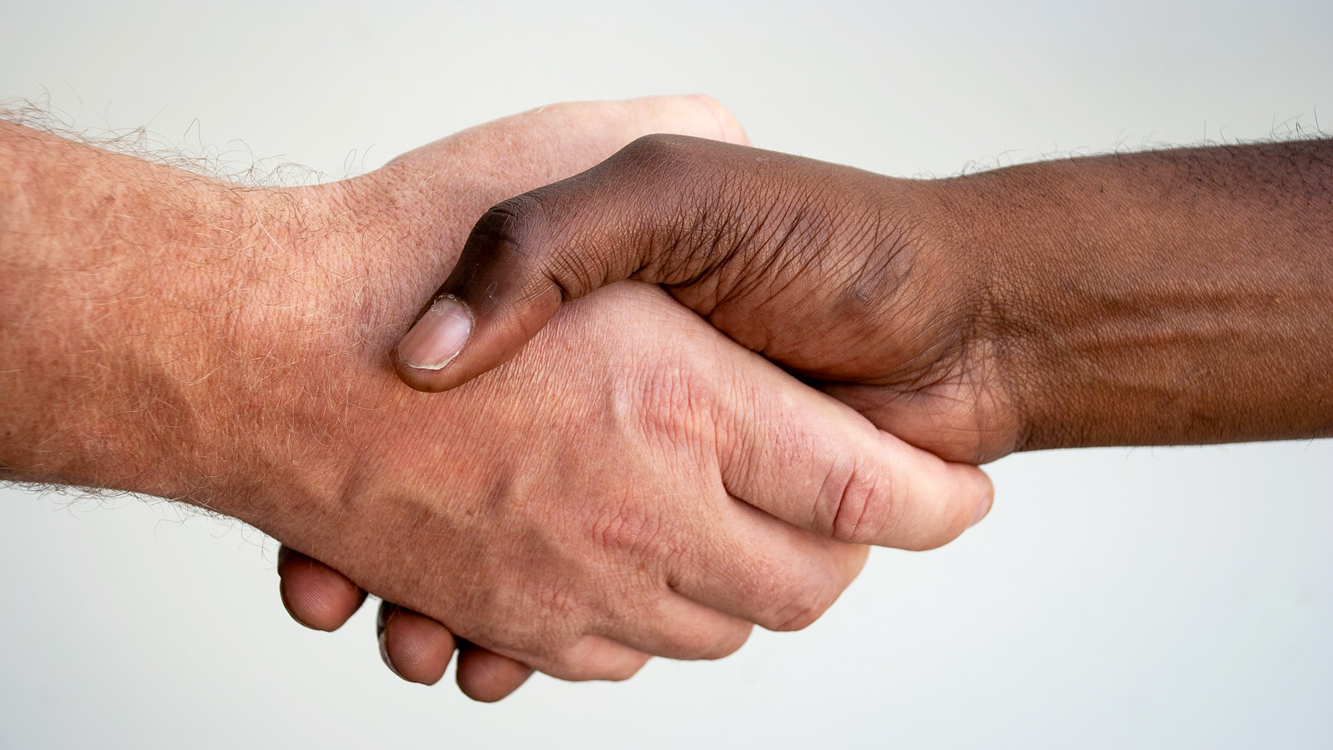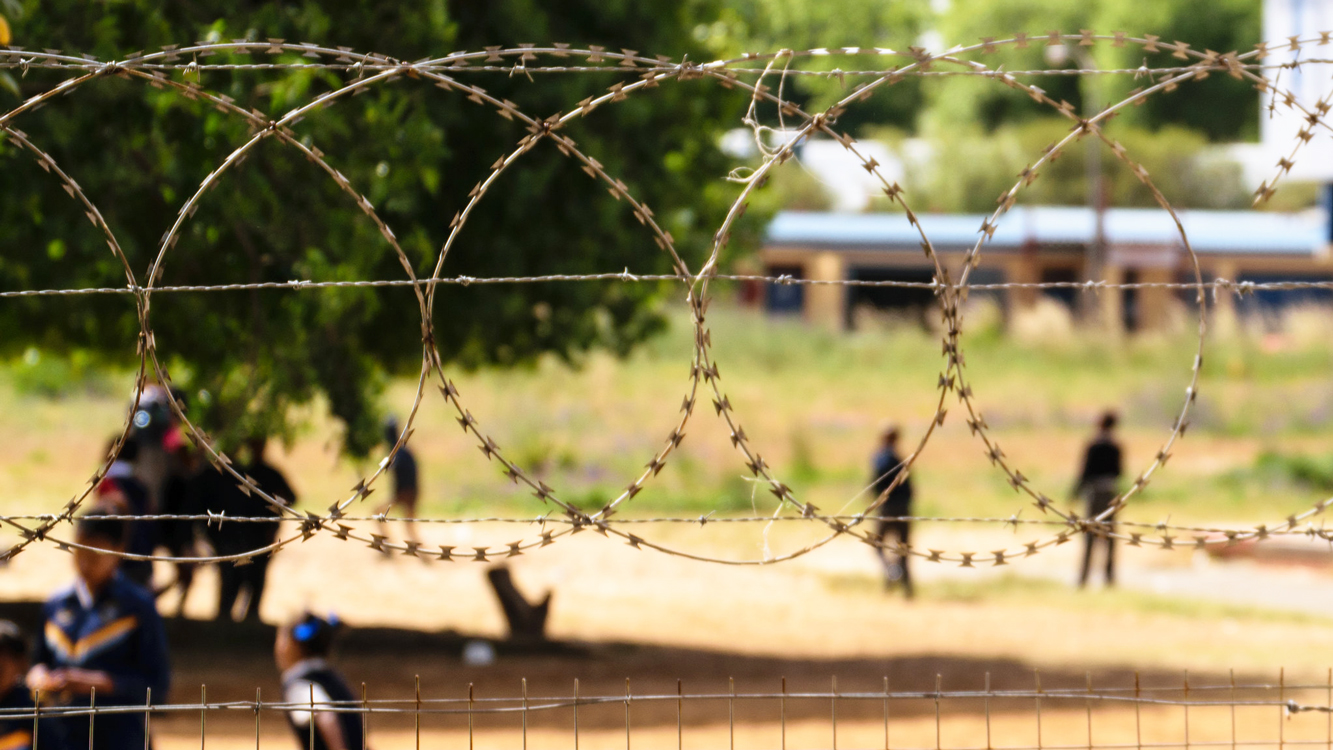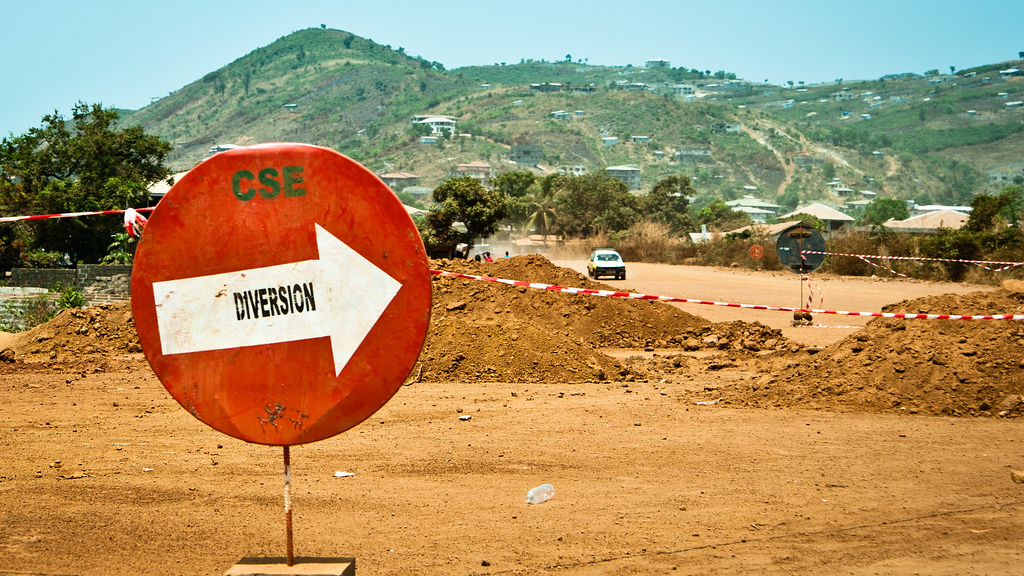When a researcher’s respondents find themselves in difficult circumstances, to what extent is the researcher morally obliged to help? While well-intended behaviour may affect the impartiality of data, a commitment to inaction can also bear on the relationship with the community. Emmanuel Akampurira addresses these debates drawing on recent fieldwork during the pandemic in Uganda.
This post is an output from LSE’s Centre for Public Authority and International Development at the Firoz Lalji Centre for Africa.
Social research requires the researcher to critically understand their field while also appreciating the prevailing circumstances in the particular community of their study. As researchers we often enter the field with specific expectations, but more often than not, however, we are unprepared for how the social dynamics in the field will affect our research and the lives of the people we meet.
Drawing on recent fieldwork during the COVID-19 pandemic in western Uganda, I share my insights and experiences into and on how as researchers we may be expected to play an active role to help respondents fill gaps created by difficult circumstances, like a pandemic. Caution must be exercised, however, as while attempting to help is moral and well-intended, we risk being seen as biased because, more often than not, resources are insufficient to go around. When this happens we risk losing our impartiality and objectivity in the eyes of our respondents.
Expectations of support in southwestern Uganda
I could see the figure of a man on a bicycle cycling fast towards me as I approached the village, who I recognised as the village’s local council chairman. Sweating and panting, he seemed exhilarated to welcome me. We exchanged pleasantries and, as he struggled to catch his breath, with a wide grin on his face, he spoke about how he thought we (my research collaborators and I) had abandoned them (the people in the village). He said that many people and organisations had come to their aid during the first half of the countrywide lockdown in Uganda. He was glad that we had returned.
Another local council chairman later told me:
’You see, my friends, we have been surviving on God’s mercy. This disease (COVID-19) and indefinite country lock down was meant to finish us. But somehow people have helped us from time to time with food. The NGOs, the politicians and even researchers like you. Now that you are here, our long-time friend we know God has smiled upon us…’
He relayed this to me after I returned to the field in July 2020, following a partial lifting of the lockdown in one of my study sites in southwestern Uganda, at the edge of Bwindi Impenetrable National Park. As a regular acquaintance from years of doing research in this part of the country, I knew what he ‘expected’ of me and my team.
I started to harbour apprehensive feelings and wondered to myself whether I had perhaps returned to conduct field research too early.
COVID-19 had taken its toll, and the rural population was looking at NGOs, politicians, researchers and even the church for help. Many poverty stricken citizens expected their leaders and persons with any resources and influence to chip in. For many politicians it was a time to step up and ‘pay the piper’ as the country’s elections were on the horizon. For researchers like me, it felt like stepping into an ethical minefield. When we walked into the village with our note books and masks, perhaps we seemed a little unempathetic and oblivious of the villagers’ response to the pandemic; many locals had no masks because they could not afford them, and the government masks that were promised to all had not yet reached them. Several locals appeared clueless about the dangers of COVID-19, apart from the lockdown it had brought. They shook hands and hugged each other as usual and did not take extra precautions.
When we finally sat down to talk to our respondents, even before we could start the discussion, many begun by complaining about the impact of COVID-19 on their livelihoods. They had no food, no money. Those who did have food could not trade it, because people lacked the money to purchase it. Households had increased in size as people in the city had lost their jobs and returned to the village. This in turn frustrated the effort of small households to be sustained by their small gardens which are typical for this part of Uganda.
Often, we would be speaking to a respondent and they would tell us that they had not had anything to eat in over a day. At this point the interview would cease and we would try to acquire food for them and come back to the question later. We could not share with everyone but we tried our best to help a few, which unfortunately led to chagrin among some members of the community. We were unprepared for this, and our lack of prior analysis of what was happening on ground, due to the impact of COVID-19 restrictions, had led us into a very uncomfortable situation.
The challenges did not stop there. We had to face local leaders who hounded us for helping out households without their knowledge and permission. They accused us of ‘going around the system’. A presidential directive stated all donations intended for pandemic efforts had to go through the COVID-19 taskforce. Unfortunately, we could not contact the taskforce because we did not have any well pieced together donation and we believed our contributions were very small. We experienced ‘bias-under-pressure’. We helped the respondents we met and those we felt really needed assistance. However, many more people than we could count were in dire need of help.
The dilemma weighed heavily on us. Should we turn a blind eye, cancel the fieldwork and go back to our homes or continue with the fieldwork and help a handful of people as best as we could?
We eventually chose to stay and see first-hand how COVID-19 had impacted rural areas.
The pandemic’s impact on rural areas
In Uganda, a lot of attention on COVID-19 relief was put on communities living in cities, and most of the food had been given out in the capital city Kampala, and Wakiso. This left many communities in rural areas poorly facilitated to survive. The government in its decision on such regional allocation could not have been more wrong. It rest on the assumption that rural communities grew their own food and thus would be fine without relief. There were many variables which were not factored in. For example, people in the cities who supported their rural families comprised mainly of senile family members could not continue to do so as they had lost their jobs to the pandemic. The elderly are mostly weaker and require greater medical support and money to pay for casual labour in their gardens. Since more youthful family members were out of jobs in the city, the cash resource was lost. There were more mouths to feed and making an adjustment from white collar city jobs to labouring in the gardens was hard.
Rural areas have been affected significantly by the COVID-19 pandemic in Uganda, to the extent that many people are unable to purchase small household essentials like salt and soap as well as afford medical care. It was generally hoped that because rural communities grow most of the food in Uganda, they would be able to endure conditions throughout the pandemic. Since many of these rural households survive on subsistence farming, they need to trade whatever food they have grown for money in order to purchase food that they do not grow and other basic necessities for their homes. Unfortunately, COVID-19 meant the cash resource to drive subsistence trade has been significantly depleted, leaving many households with limited options/variety for food and barely any basic essentials.
This situation was further complicated by inconsistent weather patterns that leave farmers guessing when to plant. As a result, COVID-19 has made people in rural areas poorer and desperate to survive. Rising tensions due to the steady decline of standards of living has fuelled domestic violence, child abuse, teenage pregnancies, child marriages and a heightened crime rate.
The pandemic’s impact on fieldwork
The pandemic has impacted my work plan for fieldwork drastically. I require myself to become more attentive not only to what kind of information I need from the communities but to their needs and challenges. Of course, apportioning resources in a situation unplanned for is not easy. For the team to continue with research while helping our respondents we were forced to make tough decisions. We adjusted by cutting our fieldwork short and finding cheaper, sometimes more difficult ways of conducting our field research.
Our experience from the field was tremendously eye opening for understanding what it means to carry out research in communities that are suffering from COVID-19’s impacts. Waking up to wear protective gear, avoiding crowds and being suspicious of every cough and sneeze was just the tip of the iceberg. The expectations of communities from outsiders, like researchers, was much more than we anticipated. It is true that on our side there was a lack of foresight and planning in accordance to the ongoing social dynamics of the virus. Researchers are often faced with the ethical questions of whether their helping hand to communities is exchanging money or items in kind for research. However, we also have a moral obligation to the community as researchers who collect data from them, as we have before.
The big question posed for many researchers is how we maintain our impartiality and objectivity in the field in times of pandemics, war or other disasters. Whatever we choose to do, or not to do, will still have a lasting impact on our reputation with the communities and bear on our position in the field academically. We have expectations of the communities we interact with, and so do they.
As US comedian and commentator Bill Maher once said, ‘Not doing anything is doing something and choosing to look away is a passive but no less mortal sin.’ Researchers cannot be too prepared and instead they have the moral obligation of contributing positively to the communities they interact with.
Photo: A Ugandan man sports a shirt. Credit: Adam Cohn, licensed under creative commons (CC BY-NC-ND 2.0).






I appreciate the researcher trying to make sense of an uncomfortable yet typical situation. However, in my view this describes a situation that is neither about objectivity nor impartiality, but responsibility and managing expectations. Where poverty and aid dependencies exist, gatekeepers may seek benefit and respondents compensation. Providing food to hungry is not a concern of objectivity, but humanity. Further, the idea researchers can enter into a context of poverty or suffering in a way that is objective or impartial is a facade. Fieldwork requires building trust and relationships, and this involves solidarity and understanding (and taking seriously) the needs and prioritises of respondents. It also takes time that much rapid field assessments do not allow for. In my view, what the situation described calls for is researcher reflexivity, responsibility and humanity. Finally, quoting Bill Maher seems somewhat out of place given he is known for making racist and xenophobic comments.
While I agree that what the research encountered does not just relate to issues of objectivity, I don’t think this is a “typical situation as you note. The reflexivities required here are too uncomfortable and messy. We have the researcher talking to people who are already too traumatised, hungry, pained by COVID, but also by a regime that interprets and governs the pain differently but also governs those that want to give. With possible grave repercussions since we have seen people being arrested for giving water. We also have a researcher who has never had to even apply ethics under situations like this. where it is not just about reducing pain to others but also to self. It could be that sneeze that would in an instant make the researcher the same with the researched! I think we will need to move beyond labelling these as expectations. And to like Barad ask ourselves what we foreclose when we all too often name these as expectations “in each opportunity for intra-acting we encounter, we should intra-act responsibly to ensure that we ‘contest or rework that which has been excluded from mattering’ (Barad 2007:235)” I think this moment is appropriate for us. As we rethink ethics and reflexivity, even making people’s pain like the one being experienced during the pandemic; data. And who knows, these could be the reflexivities “to come”. not yet thought about, yet possible and perhaps already here. And where we are all vulnerable and care to name this vulnerable moment, thus!